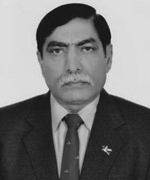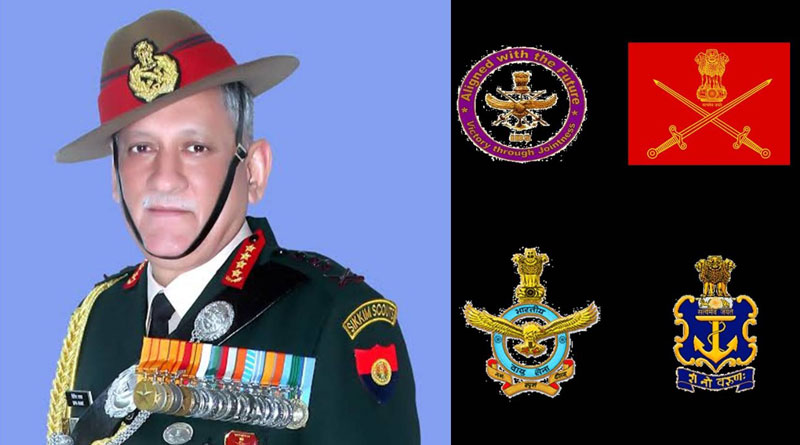Guest Column | The Building Blocks
 Lt Gen. Vinod Bhatia (retd)
Lt Gen. Vinod Bhatia (retd)
The armed forces should review and carry out a strategic rebalance to optimise the combat power and synergise the assets to transform the armed forces from a ‘Military Force to a Military Power’ capable of securing the nation, the people and assets across the full spectrum of conflict
—Lt Gen Shekatkar Committee Report, Decemebr 2016
Prime Minister Narendra Modi yet again demonstrated an unprecedented political will to give a much-needed impetus to defence reforms. The fact that the sanction for appointment of Chief of Defence Staff (CDS) was made by the Prime Minister during his Independence Day address to the nation from the ramparts of Red Fort is indicative of the government’s priorities to streamline and strengthen the national security architecture.
The appointment of the CDS remained unimplemented despite a clear direction and push by the PM himself. While addressing the Combined Commanders Conference in December 2015 onboard INS Vikramaditya, Prime Minister Modi had challenged senior military commanders to reform their ‘beliefs, doctrines, objectives and strategies,’ spelling out six broad areas for military reforms, with the primary focus on defence planning and enhancing jointness (the ability of the army, navy and air force to operate and function as one entity) by restructuring higher defence organisation. The directions though clear and categorical were not implemented as the first and most important step of appointing a CDS remained in limbo.
The cabinet finally sanctioned the CDS and appointed General Bipin Rawat as India’s first ever CDS, putting to rest an unnecessary debate on who will be the nation’s first CDS. Since the announcement of appointment of CDS, unfortunately the debate and discussions have centred on the ‘Who’ of the CDS rather than the more important ‘What’ of CDS. As an initial reaction it appears that the National Security Advisor Ajit Doval-led committee has accorded the much needed mandate and adequate authority for the CDS to transform the Indian military from a force to a military power. It is not merely creation of a post but institutional reforms to achieve national security objectives. The CDS has been finally appointed. However, the jury is still out on certain issues of protocol and status equivalence. These are important issues as they directly impact efficient and effective functioning. Before an analysis it is important to take a quick look at the role definition, charter, mandate and authority of the CDS as sanctioned.

Role and Responsibilities of CDS
The CDS will act as the Principal Military Adviser to the defence minister on tri-Services matters. The three Chiefs will continue to advise defence minister on matters exclusively concerning their respective Services.
- CDS will not exercise any military command, including over the three Service Chiefs.
- CDS will administer tri-services organisations. Their military command, will be with the Chief of the duly notified Service, which has a predominant role in effective functioning of that specific tri-service organization. However, Tri-services agencies/ organisations/ commands related to Cyber and Space will be under the command of the CDS.
- Provide integrated inputs of the Services to relevant authorities. CDS will be member of Defence Acquisition Council and Defence Planning Committee.
- Bring about jointness in operations, logistics, transport, training, support services, communications, repairs and maintenance, etc. of the three Services within three years of the first CDS assuming office.
- Ensure optimal utilisation of infrastructure and rationalise it through jointness among the services.
- Enhance the share of indigenous equipment.
- Evaluate plans for 'Out of Area Contingencies', as well as other contingencies such as Humanitarian Assistance and Disaster Relief.
- Implement Five-Year Defence Capital Acquisition Plan (DCAP), and Two-Year roll-on Annual Acquisition Plans (AAP), as a follow-up of Integrated Capability Development Plan (ICDP).
- Assign inter-Services prioritization to capital acquisition proposals based on the anticipated budget.
- Integrate and rationalise international cooperation plans.
- Prepare strategy papers on military matters for consideration of the competent authority.
- Bring about reforms in t
Subscribe To Force
Fuel Fearless Journalism with Your Yearly Subscription
SUBSCRIBE NOW
We don’t tell you how to do your job…
But we put the environment in which you do your job in perspective, so that when you step out you do so with the complete picture.








